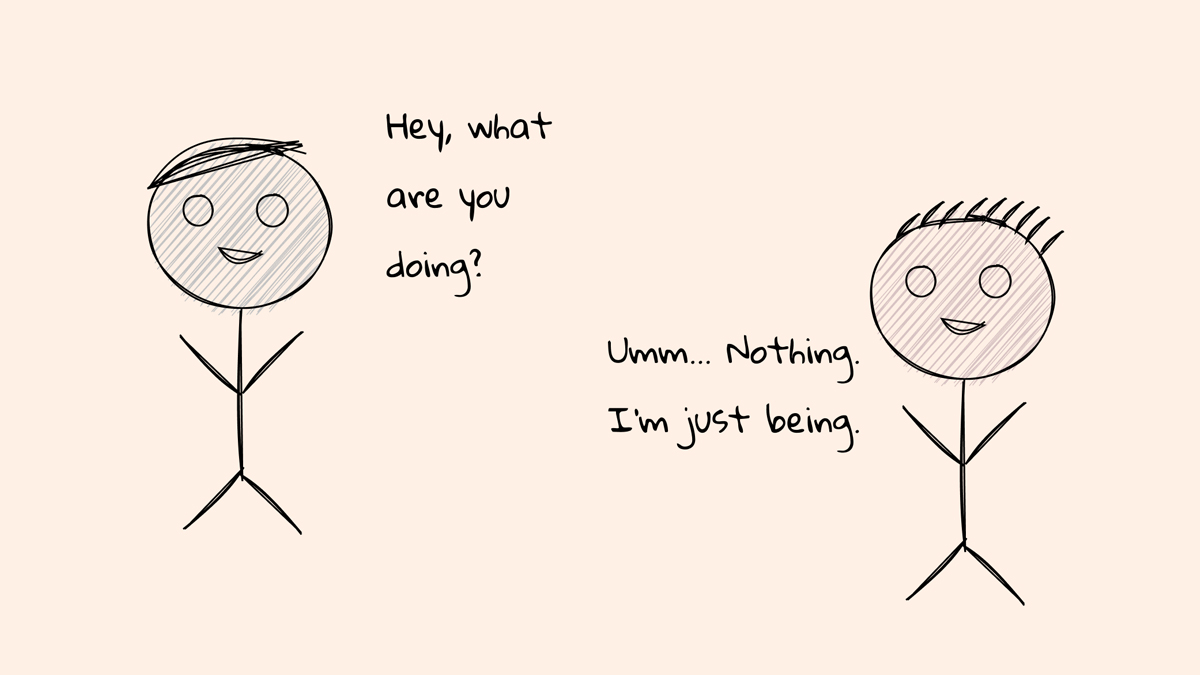The Art of Doing Nothing Why Your Brain Thrives on Lazy Days!
In a world that glorifies busyness, taking a day to do absolutely nothing might seem counterproductive. We are conditioned to view relaxation as wasted time, a missed opportunity for self-improvement or achievement. However, science and culture alike suggest that embracing stillness can be incredibly beneficial for both the mind and body.
The human brain is not designed to be in a constant state of productivity. When we are always engaged, whether through work, social interactions, or digital distractions, our brains remain in high alert, triggering stress responses that can lead to burnout. However, when we embrace moments of inactivity, our brain shifts into what neuroscientists call the Default Mode Network (DMN). This state is where deep thinking, creativity, and problem-solving thrive. It is why some of our best ideas seem to emerge in the shower or during a quiet walk.

The Italians have a beautiful phrase for this concept: dolce far niente, meaning "the sweetness of doing nothing." It is not about laziness but about truly savoring the present moment without the pressure of productivity. Whether it’s lying in a park watching the sky, sipping coffee without a rush, or simply sitting in silence, allowing the mind to wander has profound mental health benefits. By embracing this philosophy, we give ourselves permission to pause, recharge, and reconnect with the simple joys of life.
Also Read: Health Benefits Of Cold Water Therapy May Be Short-Lived, Study Finds
Boosts Creativity
Letting the mind wander fosters innovation. When not actively focusing on a problem, the subconscious mind continues working in the background, often leading to unexpected insights. Some of history’s greatest thinkers, including Einstein, credited moments of idleness for their groundbreaking ideas.

Enhances Problem-Solving Abilities
Ever noticed that solutions often come to mind when you least expect them? Taking a break from overthinking allows the brain to process information in new ways, making it easier to resolve complex issues.
Also Read: Breathing Toxic Air? Study Links Air Pollution To Poor Focus And Social Struggles
Reduces Stress and Anxiety
Chronic busyness keeps cortisol levels elevated, contributing to stress and anxiety. Taking time to slow down signals to the nervous system that it is safe, allowing stress hormones to decrease and promoting a sense of calm.

Strengthens Relationships
Quality time doesn’t always have to be filled with activities. Simply being present with a loved one—without distractions or an agenda—can strengthen emotional connections and deepen relationships in unexpected ways.
If the idea of complete stillness feels foreign or uncomfortable, here are a few ways to ease into it:
The art of doing nothing is not about being unproductive—it’s about restoring balance. By allowing ourselves to pause, reflect, and simply exist, we create a healthier and more sustainable way of living. So the next time you feel guilty for lying on the couch and staring at the ceiling, remember: your brain is thriving in those moments of stillness.












